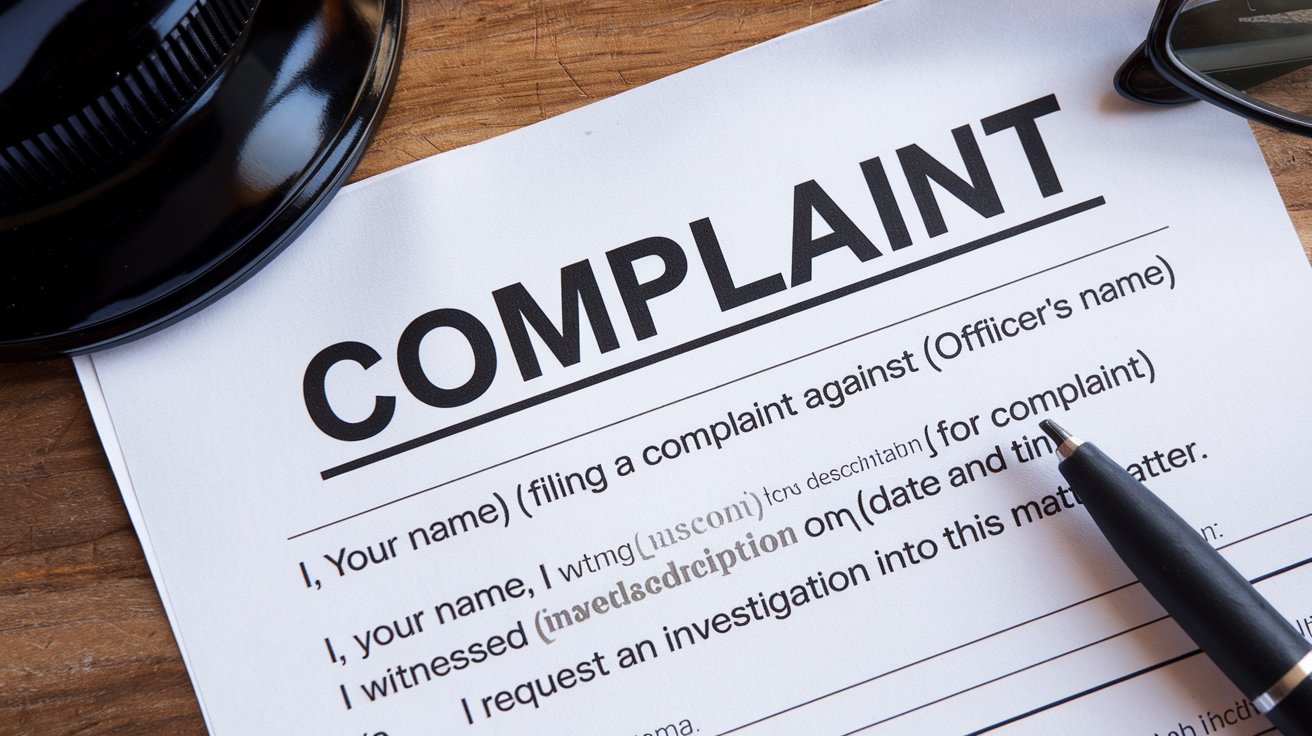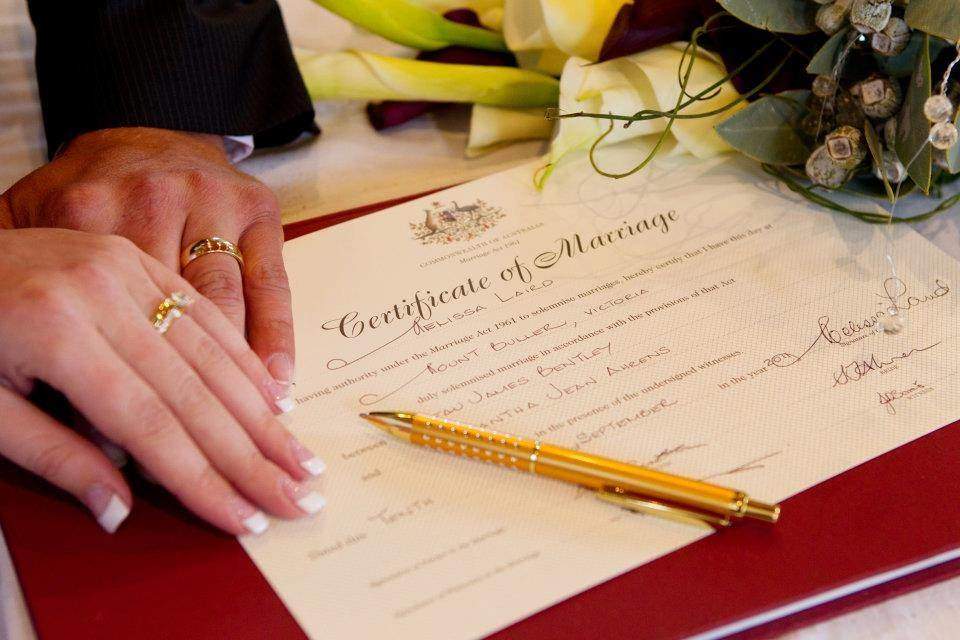How Long Does a Divorce Take in India? Timeline and Legal Factors

Divorce is a significant and often stressful event in a person's life. The process can vary depending on various factors such as the type of divorce, the complexity of the case, and the efficiency of the legal system. If you are contemplating divorce in India, one of the most important questions you may have is: how long does a divorce take?
At LawChef, we specialize in providing comprehensive legal guidance to individuals navigating divorce proceedings. Whether you are seeking a divorce lawyer in Delhi, divorce lawyer in Noida, or need an online divorce lawyer consultation, we are here to help you understand the timeline and the factors that could affect the duration of your divorce.
In this blog, we will walk you through the typical timeline for divorce in India, outline the various factors that can influence this timeline, and provide insight into how you can expedite the process.
1. The Divorce Process in India
1.1 Types of Divorce in India
The timeline for a divorce in India can vary significantly depending on whether the divorce is mutual or contested. Understanding these two types of divorce is essential in estimating the duration of the process.
1.1.1 Mutual Divorce
A mutual divorce is the quickest way to dissolve a marriage in India. It occurs when both parties agree on all aspects of the divorce, including property division, child custody, and alimony. The spouses submit a joint petition to the court, and the process is relatively straightforward.
1.1.2 Contested Divorce
A contested divorce occurs when one party does not agree to the divorce or when the parties disagree on key issues such as child custody, alimony, or property division. This type of divorce involves multiple hearings and legal procedures, which make it a longer process.
2. Timeline for Divorce in India
2.1 Mutual Divorce Timeline
If both spouses agree to the divorce and all related issues, the timeline is generally shorter. Here is what the typical process looks like:
Step 1: Filing the Petition (0-1 Month)
Timeframe: The first step involves filing the joint petition for divorce in the family court. This is usually done with the assistance of a divorce lawyer.
Action: Both parties sign the petition, and it is submitted to the court. In this step, you also agree on all terms, such as alimony and child custody.
Step 2: First Motion (1-2 Months)
Timeframe: After the petition is filed, the court will set a date for the first motion. This typically happens within 1 to 2 months.
Action: During the first motion, the court hears both parties' statements and verifies that they are in agreement. A divorce lawyer will be present to ensure the petition is in order.
Step 3: Cooling-Off Period (6 Months)
Timeframe: The Indian legal system mandates a 6-month waiting period for a mutual divorce. This cooling-off period allows both parties to reconsider their decision and ensure that the divorce is final.
Action: After 6 months, the second motion is filed in court.
Step 4: Second Motion and Final Decree (1-2 Months)
Timeframe: The second motion is usually filed after 6 months. In this step, the court will review the case again, and if both parties are still in agreement, the divorce is granted.
Action: The court issues the final decree of divorce, and the marriage is legally dissolved. This process usually takes an additional 1-2 months.
Total Time: The entire process of a mutual divorce typically takes around 6-9 months in India.
2.2 Contested Divorce Timeline
A contested divorce is more complex and can take a significantly longer time to conclude. The timeline depends on various factors, such as the number of issues in dispute, the number of hearings, and the court's backlog.
Step 1: Filing the Divorce Petition (1 Month)
Timeframe: The divorce petition is filed by one spouse (the petitioner), citing the grounds for divorce (e.g., adultery, cruelty, desertion).
Action: After filing the petition, the respondent (the other spouse) is served a copy and asked to file a response.
Step 2: Court Hearings and Responses (6-12 Months)
Timeframe: In contested divorces, the case may take several months to resolve due to the back-and-forth nature of hearings. The respondent can challenge the petition, and both sides may submit evidence and witness testimonies.
Action: Multiple hearings are scheduled, during which both parties present their cases. Depending on the complexity, this stage may last anywhere from 6 months to 1 year.
Step 3: Settlement or Trial (1-2 Years)
Timeframe: If the parties cannot reach a settlement through negotiation or mediation, the case moves to trial. The trial process can last anywhere between 1 to 2 years, depending on the complexity and the backlog of cases in the court.
Action: The court examines all evidence, hears witness testimonies, and makes a ruling on contested issues such as property division, alimony, and child custody.
Step 4: Final Decree (1-3 Years)
Timeframe: The court issues the final decree after the trial, which could take 1 to 3 years, depending on the case's complexity and the court's schedule.
Total Time: The entire process for a contested divorce can take anywhere from 1 to 3 years or more.
3. Factors Affecting Divorce Duration
3.1 Court Backlog and Delays
The legal system in India often experiences backlogs due to the large volume of cases. Family courts, in particular, may have delays in setting hearings and issuing rulings. This is one of the primary factors contributing to the lengthy timelines of contested divorces.
3.2 Complexity of the Case
The more complex your divorce case, the longer it may take to resolve. Disputes related to child custody, property division, and alimony can prolong the divorce process.
3.3 Cooperation Between Spouses
If both spouses are cooperative and agree on terms such as alimony, child custody, and property division, a mutual divorce can be finalized quickly. However, if there is significant disagreement or one party is uncooperative, the case could drag on for months or years.
3.4 Availability of Legal Counsel
Having a skilled divorce lawyer is crucial for navigating the divorce process. A lawyer can help expedite the process by filing documents properly, preparing for hearings, and negotiating settlements. If you are looking for a divorce lawyer in Delhi or a divorce lawyer in Noida, LawChef offers expert legal support to help you throughout the process.
4. How to Expedite the Divorce Process
4.1 Choose Mutual Divorce if Possible
The quickest way to finalize a divorce is through mutual divorce. If both parties are willing to cooperate and agree on all terms, this method is by far the fastest.
4.2 Use Mediation and Settlement
For contested divorces, engaging in mediation can be an effective way to resolve disputes and avoid a lengthy trial. A divorce lawyer consultation will help you explore whether mediation is suitable for your case.
4.3 Stay Organized and Compliant
Ensure that all documents are submitted on time, and attend all court hearings as scheduled. Failing to do so can cause unnecessary delays.
5. LawChef: Your Trusted Divorce Lawyers
At LawChef, we understand the challenges of navigating the divorce process, whether you’re facing a mutual divorce or a contested divorce. Our team of experienced divorce lawyers is committed to providing personalized legal advice and ensuring that your case progresses smoothly.
Why Choose LawChef?
Expert Divorce Lawyers: With extensive experience in handling both mutual and contested divorces, our team will guide you through each stage of the process.
Consultation Flexibility: Whether you are looking for a divorce lawyer consultation in person or prefer an online consultation, we offer flexible options tailored to your needs.
Comprehensive Legal Support: From filing petitions to negotiating settlements, we provide comprehensive legal support to protect your interests.
Trademark Divorce Lawyer: If your divorce involves business assets or intellectual property, our trademark divorce lawyers can help you protect your rights.
Conclusion
The length of a divorce in India can vary depending on whether the case is mutual or contested. Mutual divorces are typically quicker, taking around 6-9 months, while contested divorces can take 1 to 3 years or more. Various factors, including court delays, the complexity of the case, and the cooperation between spouses, can influence the timeline.
At LawChef, we are here to assist you with the divorce process, whether you are looking for a divorce lawyer in Delhi, divorce lawyer in Noida, or need a divorce lawyer online consultation. Our experienced team is committed to providing you with the support you need to navigate this challenging time.
Note: IndiBlogHub features both user-submitted and editorial content. We do not verify third-party contributions. Read our Disclaimer and Privacy Policyfor details.
















